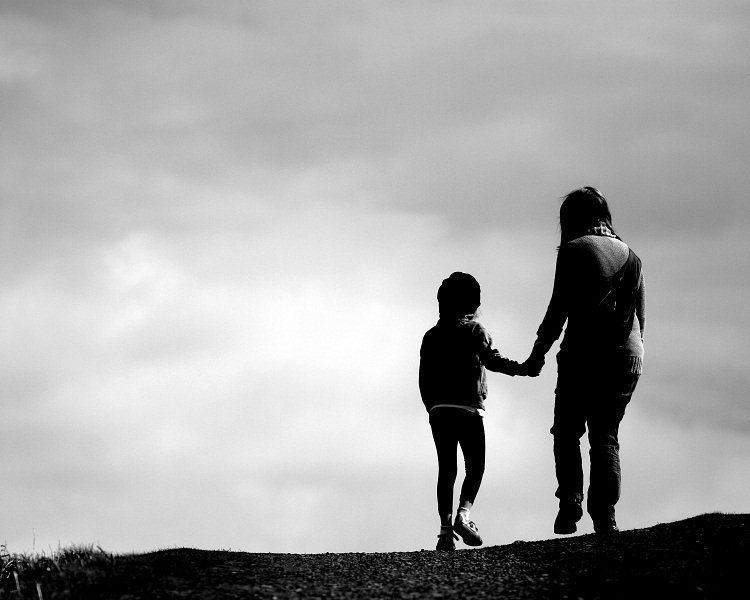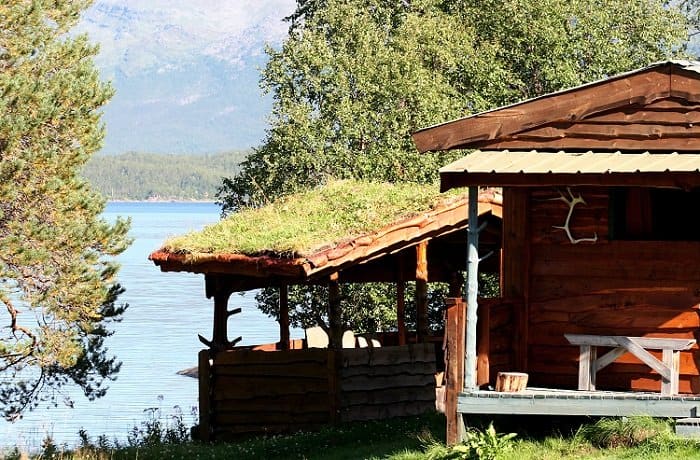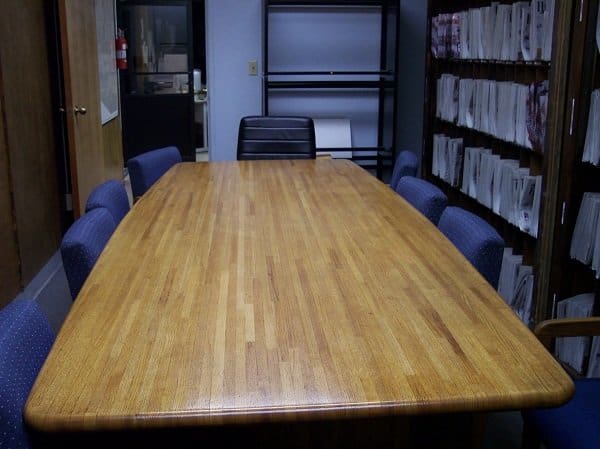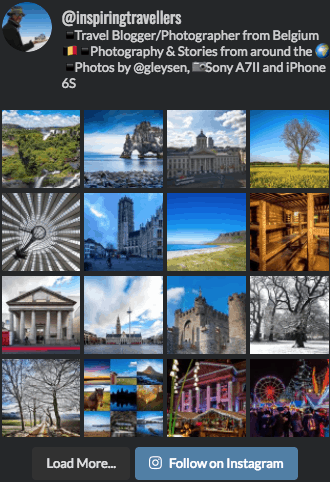A couple of weeks ago I wrote about the high cost of living and travelling in Norway. Today I thought I should share the other side of that coin, which are the incredibly high living standards enjoyed by Norwegians. This isn’t necessarily about being rich and having a lot of material possessions. Yes, the quality of housing and goods in the country is high. It’s a clean place and people live quietly with each other – politeness and order are foundations of the social atmosphere. But leisure policies and the social welfare system are also a big part of this.
European countries are known for high taxes and we were also subject to these while living in Australia. Norway is no exception, with residents paying at least a third of their income in taxes (a breakdown of these may be found in this post by Dave Manuel). The Norwegian government also uses profits from its vast oil reserves and ownership in many public companies to fund the social welfare system.
And just what are some of the benefits provided to Norwegians under this system?
- Membership in the Norwegian National Insurance Scheme, which provides healthcare to all residents. Patient charges apply (a co-payment or ‘gap’ payment and there is a calendar year limit to these) when visiting the doctor unless the patient is under 16 or attending a pregnancy check-up. Dental care is free for children under 18 only.
- Free hospital care and services for childbirth
- Sickness benefit payments for leave over 16 days
- One year of paid parental leave for those working for at least six of the ten months prior to the date of receiving the benefit. Parents may choose to receive 100 per cent of their salary for 47 weeks or 80 per cent for 57 weeks. This time is split between the mother and father as they decide, with certain weeks reserved for the mother. Fathers get at least 12 weeks. Women who don’t work are entitled to a lump sum grant. In comparison, Australia only offers 18 weeks of parental leave, and only at the minimum wage.
- Family allowances are paid to parents until just before each child turns 18.
- Parents of children between the ages of one and three whose children do not have a place in a pre-school daycare centre receive “cash-for-care” benefits (rates and regulations are set to change this August).
- Public school is free for all children from the age of six through upper secondary school (usually until the age of 19). If a child lives over a determined distance from their school, transportation to school is free.
- Free family counselling services
- Housing allowances and grants for low-income earners
- First-time buyer mortgages and ‘start’ or ‘basic’ loans for buying, renovating and re-financing
- Free public access rights to the country’s forests, mountains, beaches and lakes as well as free camping as long as you are 150 metres away from houses and cabins
I’ve never been an advocate of socialism (nor am I now), but what we currently have in most western countries is not what I consider a pure form of capitalism. Governments support certain industries and sectors, bail out banks and allow the interests of lobbyists and the largest corporations to affect markets and push aside true competition, not to mention what’s best for the majority of people. I can’t help feeling that the ‘American dream’ chased by people both in and out of the United States is a farce.
In Norway, however, the characteristics that contribute to the high quality of life go beyond the universal government benefits. Family life and free time is protected. Working hours are flexible and it is completely acceptable for parents to leave work early to pick up their young children from school. The work and life balance is very important to Norwegians. Holidays are generous, with the recent Easter break being a good example.
According to a government publication called New In Norway, which was given to John by his new employer, “The Norwegian work culture is characterized by flat structure and empowered employees.” Personal development and getting along well with fellow co-workers is supposedly prized above monetary rewards. Take a look at the Attitudes to Being Rich chart recently published by The Economist and find Norway’s citizens down there at the bottom.
As a newcomer to the country, the store hours and long holiday periods are a bit confronting. Most everything is closed on Sundays and we can expect more holidays this summer during the main period from June through September. Employees are entitled to 25 working days’ paid holidays each year and three continuous weeks are usually taken during the summer period. It’s a pretty nice lifestyle.
I read posts by fellow travel and lifestyle bloggers all the time that discuss the virtues of leaving the corporate world to travel full-time, whether to take a year or two off for a sabbatical or to completely redesign a life. The unrewarding work culture in western countries is an often-cited motivator by those who are quitting their jobs and leaving their countries for the travelling or expat life. It doesn’t matter whether you listen to Forbes, the United Nations, the Legatum Prosperity Index or the Organization for Economic Cooperation and Development, Norwegians are consistently ranked among the happiest and most prosperous people in the world. I’m new here so I have no real idea or opinion as to the truth of these statistics. I’m dubious as to whether something so nebulous as ‘happiness’ can be measured at all. But with their progressive, egalitarian society and a focus on family, I’m very interested to see how this new lifestyle will compare to the others I’ve experienced.
What do you think of Norway’s egalitarian system? How does it compare with where you live?



